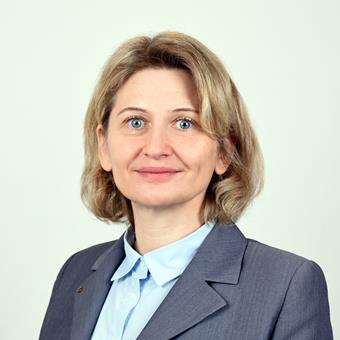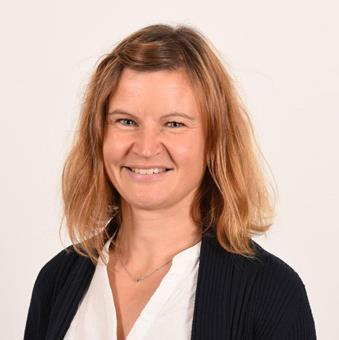An important point of departure in my research is a systems perspective, which enables me to understand how the component parts interact. I have focussed on, for example, business models, services, customer requirements, value creation, and stakeholder perspectives.

Henrik Gillström
Associate Professor, Docent
How to make logistics systems more sustainable? My research focusses on sustainable logistics systems and how logistics in cities can be improved. I also work on the transition to electrified freight transport.
A focus on sustainable logistics systems
I research and teach in sustainable logistics systems
An important point of departure in my research is a systems perspective, which enables me to understand how the component parts interact. I have focussed on, for example, business models, services, customer requirements, value creation, and stakeholder perspectives.
Brief facts
Summary CV
- Master’s degree in engineering 2015
- Degree of Licentiate of Science 2018
- Degree of Doctor of Philosophy in Science 2020
Teaching
- Supervisor for students on the Logistics Project course, TETS38
- Supervisor and examiner for master theses in logistics
- Lecturer and seminar coordinator in the Sustainable Logistics Systems course, TETS36
Research
Research for sustainable logistics systems: Measures are needed to reach current climate targets
Freight transport is important for a proper functioning of society, however, they also have negative effects on the environment. It is for this reason necessary to reduce its impact on the climate, and work towards sustainable logistics systems.
One important step in reducing the impact on the climate of freight transport is the use of alternative fuels, and electrification can here play a decisive role. It is also crucial to realise that it is not enough to increase the climate-directed efficiency of inefficient systems: it is also necessary to reduce impact on the climate by improvements to current transport solutions.
Consolidation centres have potential, but face obstacles
The use of consolidation centres, or coordinated goods distribution, is one measure that can make transport in cities more efficient, and in this way reduce impact on the climate. By collecting incoming deliveries and grouping them to common transport, it may be possible to reduce goods traffic in cities. This has positive effects for more than just the perspective of the city: several actors are affected by the introduction of consolidation centres. These include logistics companies, goods recipients such as shops, restaurants, and municipal operational units. My research focusses on how to ensure that city-based freight terminals can remain in business in the long term. One important step here is to create a financing model that ensures that terminals can generate income. Another important aspect is to include the effects on various stakeholders, and examine the reasons that they may want to become part of a terminal-based solution. I have studied this in my research from the perspectives of the business model, service provision, and value creation.
Reduced climate impact with electrified freight transport
Electrification of distribution can reduce climate impact. There are, however, serious obstacles to overcome before a successful transition to an electrified freight-transport system can be established. These involve such aspects as new requirements that are set for transport systems, and the emergence of new actors who are relevant in an electrified freight-transport system. A further consideration is, of course, how the process will affect costs, and whether the electrical supply network can cope with the increased demand. In my research, I work from a systems perspective: how the various parts interact, and how different limitations and requirements will influence the structure of distribution flows in the future. I am active in the Swedish Electromobility Centre, where I conduct research in the Electromobility in Society theme.
Publications

2026
2025
 Continue to DOI
Continue to DOI
 Continue to DOI
Continue to DOI
 Continue to DOI
Continue to DOI
Teaching
I teach logistics at advanced level for master’s students. This includes teaching on the courses: Sustainable Logistics Systems (Tets36), Logistics project (Tets38), and degree projects. More comprehensive information is available below:
- TETS36 Sustainable Logistics Systems: Lecturer and seminar leader
- TETS38 Logistics Project: Supervisor
- Degree projects: Supervisor and examiner
- TPPE91 Production System Planning and Management: Seminar leader


























